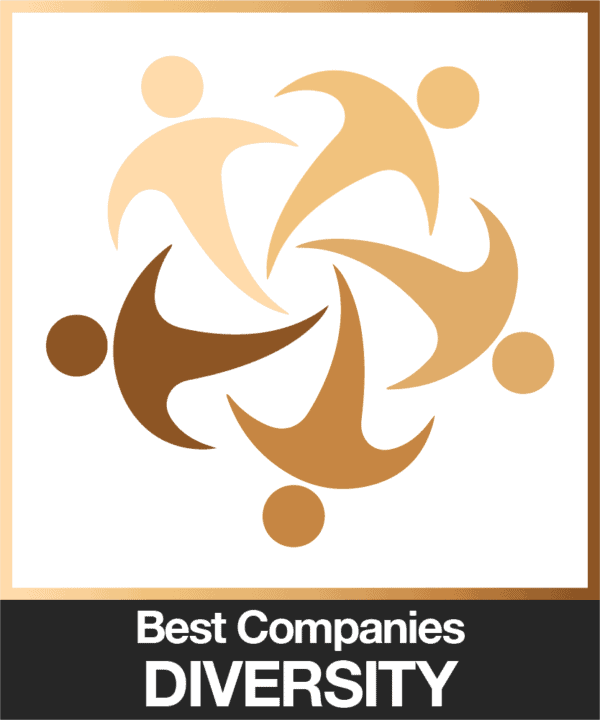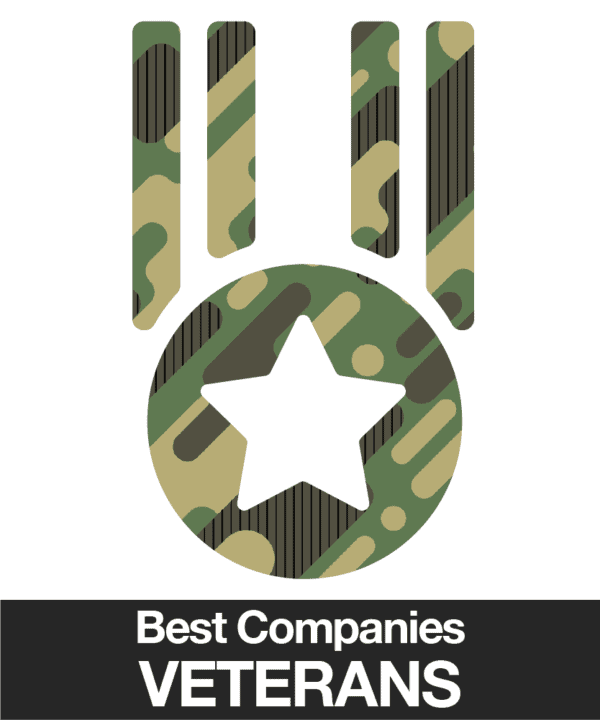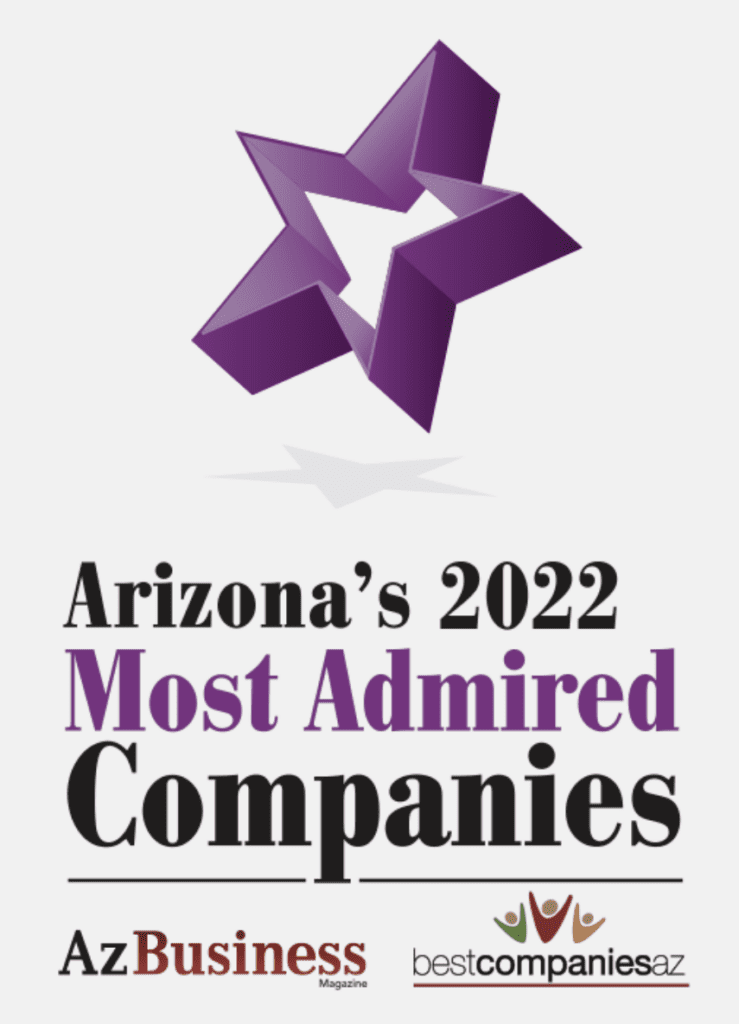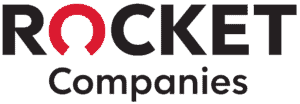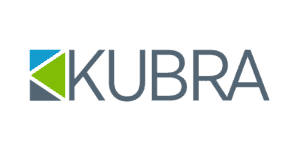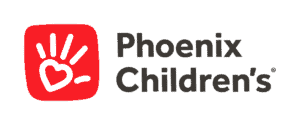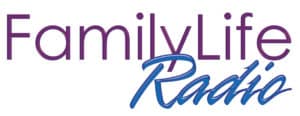Are you a multicultural job seeker, military veteran, part of the LGBT+ community or have a disability? More than ever before, the answer is likely to be “yes.” Increasingly, employers pay attention to diversity and inclusion — so candidates should know how to talk about diversity in an interview setting.
How Important is Diversity Anyway?
While diversity is an increasingly accepted benefit of any community, what makes it such a buzzword in the business world? Well, it turns out that companies have much to gain from diversity. Countless studies and stats speak for themselves!
Financial gains. A McKinsey report found that companies with above average executive gender, cultural, and ethnic diversity also see above average profitability. Of course, a diverse decision making body is better able to see a bigger picture and have a wider range of ideas.
Increased productivity. When done right, workforce diversity can lead to more productive days in the office. This is partially due to the fact that knowledge sharing is an important factor to improve productivity.
Higher employee engagement. Companies that champion diversity and inclusion initiatives also see that employees are more engaged in their work. These initiatives give everyone an equal opportunity to contribute and be heard.
So, it’s clear that diversity is a hot selling item for companies and recruiters. But how do you best talk about it in your own interviews? Here are our top ten tips for how to talk about diversity in an interview.
10 Tips on How to Talk About Diversity in an Interview
1. Remember to make eye contact
Employers and hiring managers interviewing you expect a direct gaze and a firm handshake. Your interviewer will remember your confidence and self-assuredness if you maintain direct (but not totally uncomfortable) eye contact. It’s a gesture that means you are listening and you care about what’s being discussed.
2. Bragging vs. explaining your accomplishments
In wondering how to talk about diversity in an interview, know that it’s your time to self-promote. Although it may feel distasteful to some, it’s perfectly normal to promote your abilities and diverse background through telling specific, factual stories from your experience. Be concise and confident. Whether you’re a veteran, a person of color, a woman in a male-dominated industry, have a disability or are part of the LGBT+ community, present your diversity as an asset to the role and company you’re applying for.
3. Express your diversity with anecdotes
Before the interview, come up with 4-5 examples of times you’ve done a job or task well. What was the problem or issue, what did you do, and what was the outcome? Be specific. These are your own stories. Practice recounting them, because they can serve as strong answers to pretty much all the questions an employer might ask. What sets you apart? Are you part of any cultural or otherwise identity-related groups, such as an LGBT+ alliance or a women’s group? How has your background contributed to successes in past roles?
4. Focus on what you can do
If you have a disability, for instance, highlight your abilities first. If possible, consider waiting to disclose your disability until you have demonstrated your abilities. For example, one hearing-impaired candidate took the time to create strong cover letters for each application. While her phone skills proved limited, prospective employers experienced her exceptional written communication immediately.
5. Translate any military terms into everyday language [for veterans]
Veterans have learned the language of the military, which can be a barrier during an interview in the civilian world. Remember to “translate” any military ranks, acronyms, job functions or jargon into terms the hiring manager will understand.
6. Be professional, not personal
If your cultural background places high emphasis on family relationships, resist the urge to talk about your family when asked about your greatest accomplishments. Although this is a valid aspect of your diversity and uniqueness, it may not make sense to tie it in to your own accomplishments.
7. Don’t be long-winded
Avoid excess elaboration in your responses to interview questions. The interviewer probably won’t take more time for the interview than what’s scheduled. You might find yourself interrupted mid-story if you ramble.
8. Accentuate the positive
You might have experienced discrimination in the past. Yes — it’s an awful feeling. But keep any lingering resentment, bitterness or negativity out of the interviews. To stay upbeat, highlight your talents and strengths that stem from your uniqueness, and always avoid gripe sessions. Don’t complain about former coworkers or supervisors; just move forward and find the silver linings!
9. Connect your diversity back to the job position
Having factors that give you a unique perspective are wonderful, but why should an employer care? Organizations have much to gain from a diverse workforce, so drive this point home. Make a clear connection between your differences and how they will help you thrive in the job position. For example, if it’s a people-centric position, having a multicultural background is a great advantage when it comes to cross-cultural communication and understanding.
10. Don’t accept less than the best
One way to find an employer who appreciates your diverse perspective? Focus your job search on award-winning employers with track records of diversity initiatives or awards. Check out some of the best companies for diversity and inclusion on BestCompaniesAZ.
Find more tips on how to best talk about diversity in an interview with these solid diversity interview questions and answers.

